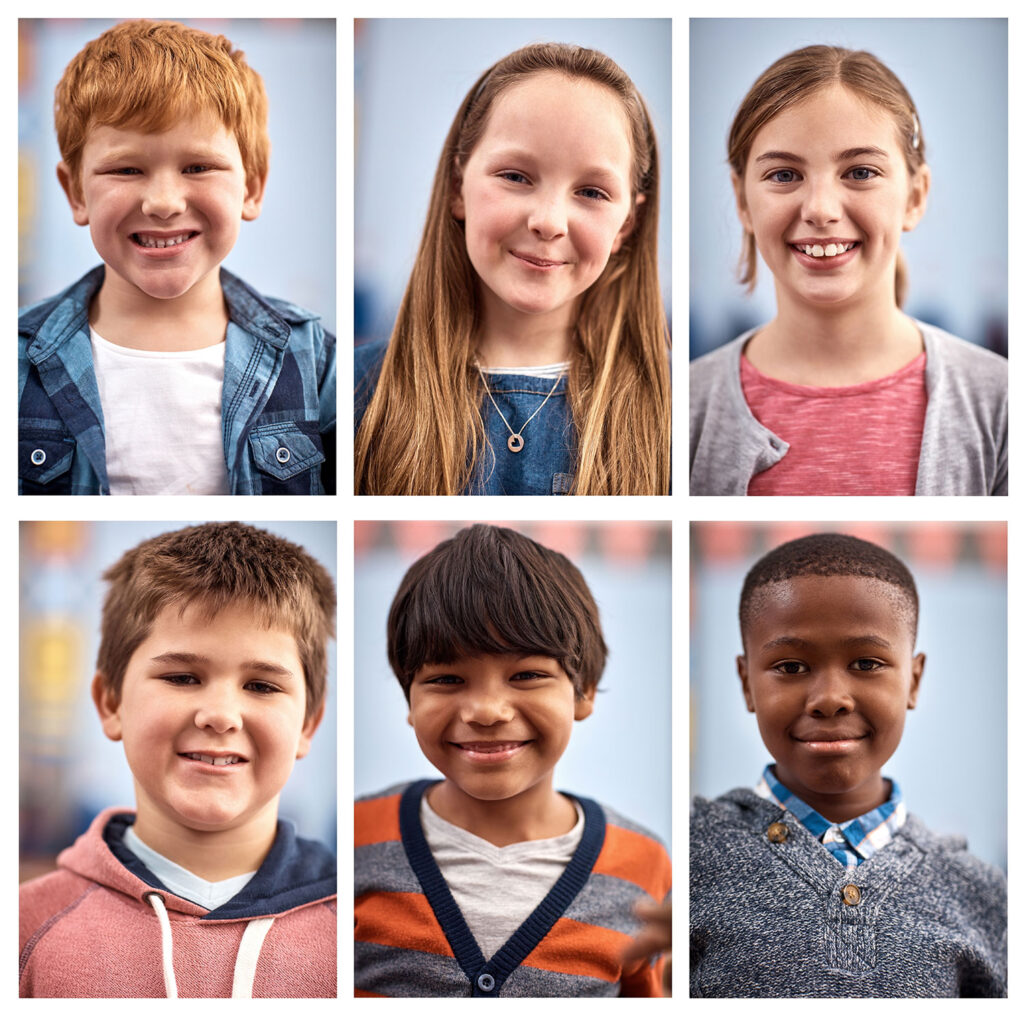AI is everywhere — and while it’s changing the way we work and live, we can’t ignore how it’s also beginning to shape the way our kids think, feel, and connect.
As someone who works directly with children, families, and camp leaders, I’ve seen the shift up close. But now we’re also starting to see the data back it up.
What We Know (and Why It Matters)
1) A recent study found that AI dependence among teens jumped from 17.14% to 24.19% in just a short span of time. And those who leaned on AI the most were more likely to struggle with anxiety, depression, and emotional disconnection.
PMC Study, https://shorturl.at/lrDZ1
2) A survey showed that 69% of educators believe AI will have a negative impact on teen mental health over the next decade. Meanwhile, only 25% of teens share that concern — which shows us there’s a serious gap between perception and awareness.
Education Week, March 2024: https://lnkd.in/gmGBPiVP
3) More and more kids are turning to AI chatbots for emotional support — not because they trust them, but because they often don’t have access to a real person. While these tools might offer temporary relief, they can’t replace human connection or safely support someone in crisis.
The Times UK, March 2024: https://lnkd.in/g_WyVByW
What I See in Real Life
Kids are more “connected” than ever, but they’re also more disconnected from real life — from their own emotions, from unfiltered social time, from being outdoors, or even just being bored.
And that matters. Because boredom isn’t the enemy — it’s the birthplace of creativity, problem-solving, and self-awareness.
So What Can We Do?
Here’s what I know works — and what we focus on through our programs:
1.- Create real-life spaces where screens aren’t the default. Camps, nature programs, tech-free weekends, even just open play without a phone in hand — these are now essentials, not luxuries.
2.- Teach kids to understand what AI is for, and what it isn’t for.
3.- Normalize being still, being curious, and being offline. They don’t need to “do” all the time. Sometimes they just need to be.
Please, don’t get me wrong. I don’t think AI is bad. Actually, it can be an excellent tool to facilitate and improve many processes in education and other fields, but I do believe that disconnection from self and others is dangerous. And the longer we wait to address this, the harder it will be to rebuild what matters most.
Our kids don’t just need new tech tools. They need time, space, nature, connection, and emotional guidance.
And that’s something we can all help provide.
If you’re a parent, camp leader, educator, or youth worker — let’s keep talking about this. Real life still matters. And our kids are counting on us not to forget it.
hashtag#AIandKids hashtag#SEL hashtag#CampLife hashtag#YouthMentalHealth hashtag#UnplugToReconnect



